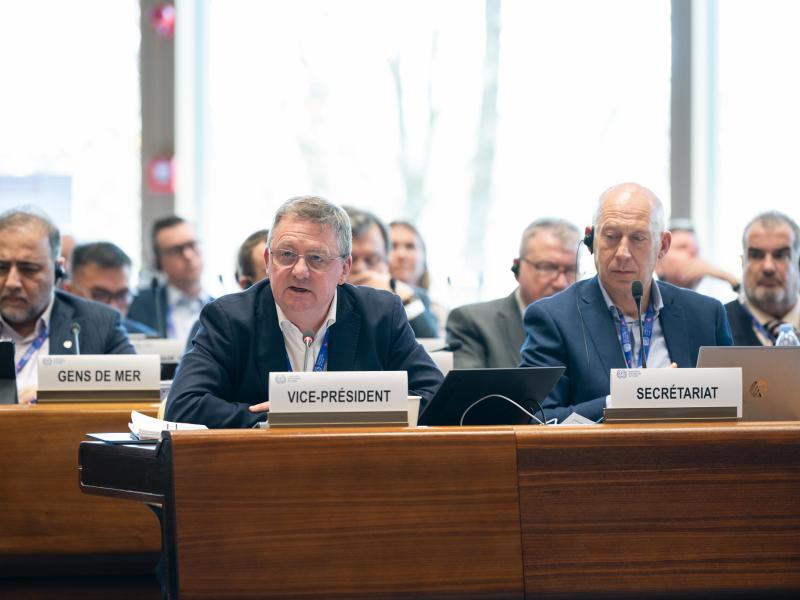The ILO technical meeting on the future of decent and sustainable work in urban transport services brought together governments, employer and unions to discuss challenges in the sector and identify opportunities for the future. While disagreement remains on some issues, the three delegations were able to lay foundations for the improvement of decent work in public transport.
This was highlighted by the three delegations agreeing to define the sector as “a basic service, a facilitator of mobility and an enabler of other rights”, with a particular emphasis of the role of public transport in achieving the UN Sustainable Development Goals. The meeting also recognised an extensive list of international labour standards relevant to the sector, including those relating to fundamental labour rights, occupational safety and health (OSH) and standards for public contracts aimed at removing labour costs from competition over services.
For the workers’ delegation – made up of representatives from national unions, the ITF, the International Trade Union Confederation (ITUC), Public Service International (PSI) and others – the achievement of these recommendations was particularly significant. These can now be used in organising, bargaining, campaigning and influencing policy around the world.
The workers’ delegation also won commitments on several other key issues, including:
- The agreement to continue tripartite dialogue on the global level, and in particular building capacity with informal workers’ organisations with the aim of achieving inclusive formalisation of informal public transport jobs and services.
- Tasking the ILO to work with the World Bank and other international financial institutions to develop employment impact assessments for development projects. The aim here is to ensure that workers’ interests are enshrined in investments in the public transport systems in the global south.
- The ILO working with governments, employers and unions to define a framework on data, data protection and algorithms in public transport that guarantees the privacy and dignity of workers, in line with fundamental rights and existing law. Crucially, the role of collective bargaining in addressing the challenges and opportunities posed by new technology was noted.
- The inclusion of strong recommendations for sustainable funding models to support the “continuity, expansion and improvement of urban passenger transport jobs and services”. These include the involvement of unions and other stakeholders in the development of sectoral recovery plans, as an essential part of government responses to the Covid-19 pandemic and climate change.
- The ILO working with the UNFCCC secretariat and other international organisations to support the role of public transport services and jobs in meeting climate goals.
“This was a week full of tough negotiations and frank dialogue,” said Wol-san Liem, Director of International Affairs at the Korean Public Service and Transport Workers’ Union (KPTU) and Vice-Chair of the ITF Urban Transport Steering Committee, who led the workers’ delegation.
“In spite of some difficult moments we’re pleased with the outcomes we achieved, supporting the efforts of public transport workers around the globe to achieve decent work and a sustainable sector.”
“These achievements can now be fed back into the ITF’s work on public transport, from organising workers in response to bus rapid transit projects in African cities, to The Future is Public Transport campaign calling for a just transition. We look forward to continuing to build capacity and partnerships globally, which the ILO has committed to,” said Liem.
The ITF would like to thank our partners in the workers’ delegation, as well as participants from the government and employer delegations. In particular, we look forward to further constructive dialogue with our sectoral social partner, the International Association of Public Transport (UITP), as well as United Cities and Local Governments (UCLG) and C40 Cities.



